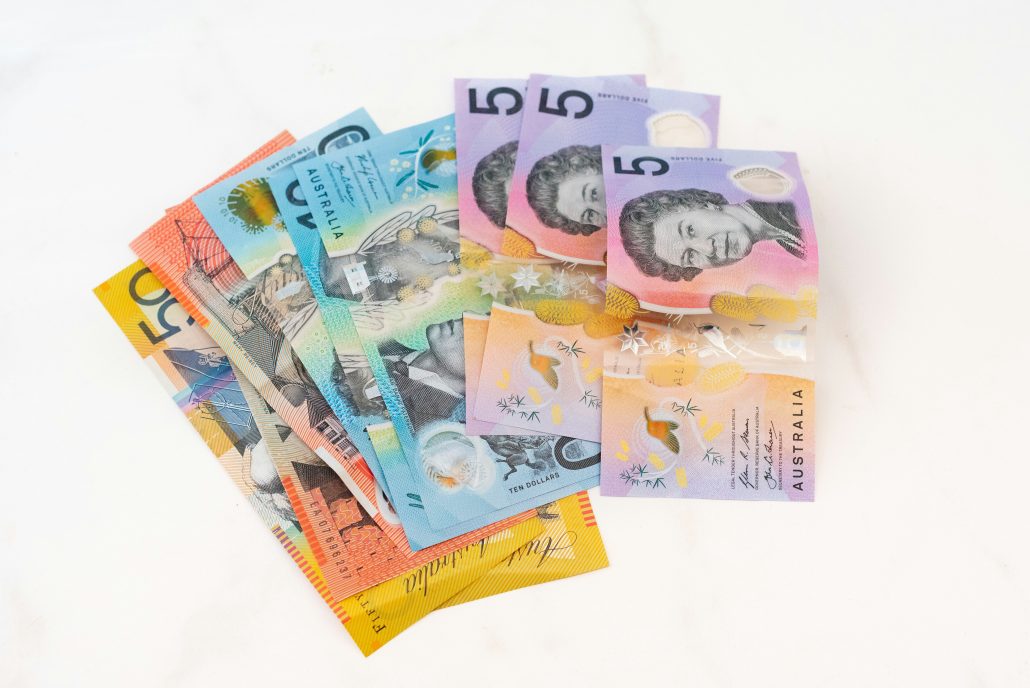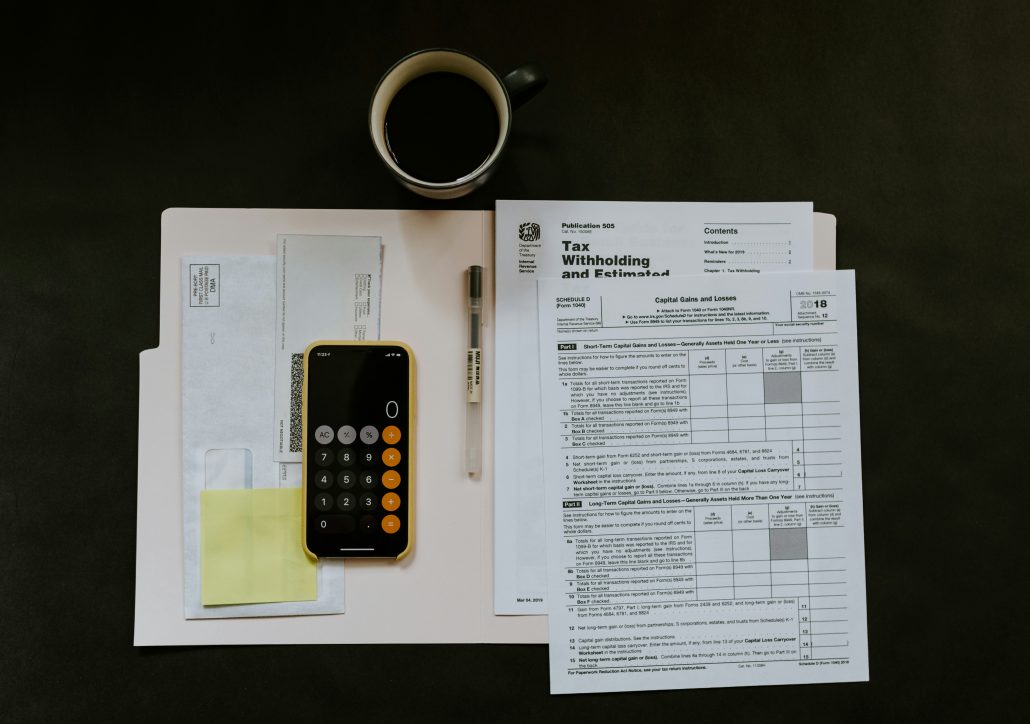
Thinking of purchasing a property in Australia for investment? Retirement? Look no further, as we answer your queries about buying property in Australia as a foreigner, as well as key considerations you should take into account before investing in one
Australia’s Property Market
Australia has traditionally been an attractive investment destination for many foreigners, including Singaporeans, due to its strong property market, stable economy, lower lending rates, and high rental yield, amongst other reasons. Research by CoreLogic data revealed that capital city house values have risen by 33.9% since 2020. Rental values have also been on the rise, by more than 8% since 2021.
The Australian property market is also well known for its strong market, even with policy tightening exercises put in place. Limited property supply coupled with high demand has also played a contributing role to this phenomenon.
What Type Of Property Can I Purchase?
The Foreign Investment Review Board (FIRB) has since December 2015, announced restrictions on the type of properties foreigners can purchase. As a foreigner, you will not be able to purchase from the resale market but only be allowed to buy new dwellings or vacant land. According to the FIRB, new dwellings refer to properties that have either not been occupied before, or, if you are purchasing from a developer, are part of a development with 50 or more dwellings and have not been previously occupied for more than 12 months. As a foreigner, there is no limit on the number of new dwellings you can buy, subject to approval from the FIRB. You are also permitted to buy vacant land, for residential dwelling development, if the conditions as follows are met:
- The new development has to be completed within four years of the date of approval
- Evidence of completion of dwellings has to be submitted within the first 30 days after it is received.
However, foreigners are not permitted to purchase vacant land that previously has been occupied, unless you intend to construct multiple dwellings on the previous single dwelling land, to increase housing stock in Australia.
What Are Some Legal Considerations For Financing Properties In Australia?
1. FIRB Approval
The purchase of properties in Australia is subject to approval from the FIRB. Aside from certain exemptions as stated below, all foreign investors are required to seek approval before purchasing property.
You will be exempt from FIRB if you are:
- Awarded the property from a court order or Will
- Awarded the property in a divorce settlement
- Your property developer has obtained an exemption order for your property
- Purchasing property with a spouse that is of Australian or New Zealand citizenship, or is an Australian permanent resident
2. Financing From Local Australian Banks

There are many local Australian banks available for you to choose from when deciding to finance your property. These include UOB, OCBC, CIMB, ANZ, Bank of Australia, and Westpac, amongst others.
However, do note that since you are a foreigner, there will inadvertently be stricter rules imposed on you if you decide to borrow from local Australian banks. For example, you may have to pay higher interest rates, as well as put down a larger deposit of approximately 20% to 30%.
3. Vacancy Fee Returns
Vacancy Fees are annual fees that foreigners who own Australian property have to pay if it has been unoccupied for more than 183 days (6 months). This fee was imposed in a bid to reduce the amount of vacant homes in Australia, especially given its low supply. This should be lodged within 30 days of the end of each vacancy year, calculated from the day you started to hold an interest in the property.
4. Taxes When Buying Property in Australia

All foreigners are required to pay annual taxes on their Australian properties. This stamp duty tax typically ranges from 4% to 5% of the property price. This tax is calculated according to the state it is in, and the total taxable value of the property. Additionally, there will be a foreign buyer stamp duty charge of up to 8% imposed on you depending on the state. For example, in January 2018, South Australia imposed a 7% foreign stamp duty surcharge for residential property. In Victoria, a land tax surcharge of 2% is imposed on properties where the value of land exceeds $250,000.
If you are a foreign non-resident, you will also have to pay rental income taxes. This will be charged at the same rate as your taxable income, assuming that you do not earn additional income in the country.
Step-By-Step Guide For Buying Property In Australia
1. Seek FIRB Approval
FIRB approval should be the first step you take before committing to purchasing a property in Australia. Without it, you may face fines, and even prison time, depending on the number of penalty units your breach constitutes.
2. Find A Property To Your Liking
If you have managed to find a property you are interested in, do your due diligence and sign a contract with the seller or developer. This will include sorting out your loans and finances, as well as any inspections on the land.
3. Make An Offer
After you have made your decision to commit to this property, make an offer for it. This will be the stage where you negotiate the price. During the process, you can either request to make a conditional offer, subject to bank valuation and approval from financial institutions, or an unconditional offer, where you will be required to pay for the property regardless of financial approval or failures in inspection.
4. Pay The Deposit
After both parties have agreed on a price, you can move on to pay the deposit. This is typically approximately 20% to 30% of the full value of the house.
Summary: Buying Property in Australia
It is best to engage a professional agent to guide you through the process of purchasing the property, especially as Australia’s tax system is vastly different from that of Singapore’s.
Australian property presents an excellent investment opportunity for Singaporeans due to its stable economy and constant capital gains. Nonetheless, before investing in any big-ticket item such as this, it is crucial to evaluate your financial readiness, long-term investment goals, and potential risks involved.
Want to find the best mortgage rate in town? Check out our free comparison service to learn more!
Read more of our posts below!

